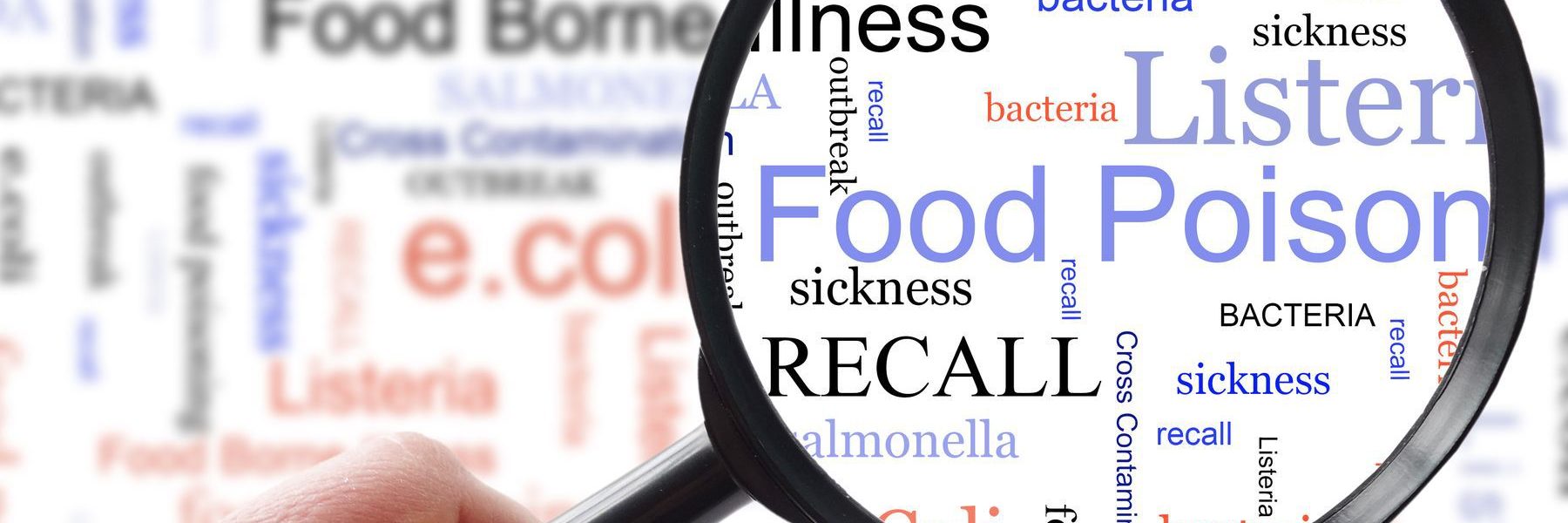In August of 2020, after a Salmonella outbreak, peaches from a number of major grocery chains were recalled. As part of the recall, California-based food distributor Prima Wawona warned consumers of the potential for Salmonella. Salmonella can cause fever, diarrhea, nausea, vomiting, and, in some people, can be fatal. The Centers for Disease Control and Prevention had identified 68 cases of Salmonella connected to the peaches.
How do Food Recalls Work?
Major and dangerous food recalls usually make a huge splash and can be seen on the news. However, hundreds of foods are recalled every year. Food products can be recalled for a number of reasons. Sometimes there is Salmonella or Listeria contamination. In other cases, there can be foreign objects found in the food. It could be that there is an allergen present in the food that has not been listed on the packaging. Food recalls are generally instituted when a food manufacturer or distributor is made aware that there is something contaminating the food that could make consumers sick. In some cases, the United States Department of Agriculture (USDA) or the Food and Drug Administration (FDA) initiate a recall. These agencies, along with others, set the standards for food safety.
Once the need for a recall is brought to the attention of the FDA or USDA, the agency oversees the recall and ensures that the food manufacturer takes the appropriate steps. The manufacturer or distributor must take steps to ensure that the contaminated food is no longer on store shelves. Responsible manufacturers will act swiftly and take steps to ensure that future contamination does not occur. For more information about food recalls, check out foodsafety.gov.
Common Causes of Food Contamination
Food can be contaminated at the manufacturing level or at some point during distribution. Common causes of food contamination include:
- Food coming into contact with pathogens or animal feces while in the ground or while being transported. It can also become contaminated by dirty water that is used to process the food.
- Improperly stored or transported food.
- Improper cleaning or maintenance of equipment during the manufacturing process.
Liability for Injuries
If a consumer is injured by a contaminated food product, then the manufacturer or distributor of the product may be held liable for the injury. If you’ve been injured by a dangerous food product, you should have your case evaluated by an experienced product liability attorney. At Bonina & Bonina, P.C., we have been helping the victims of defective products for over 50 years. Contact us online or call us at 1-888-MEDLAW1 to schedule your free consultation. Home and hospital visits are available. Se habla español.

